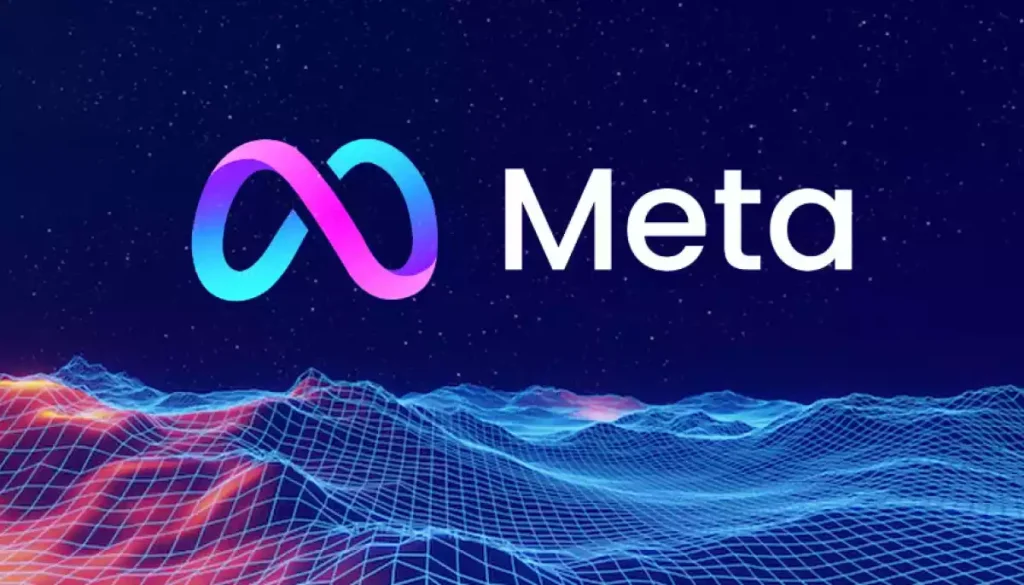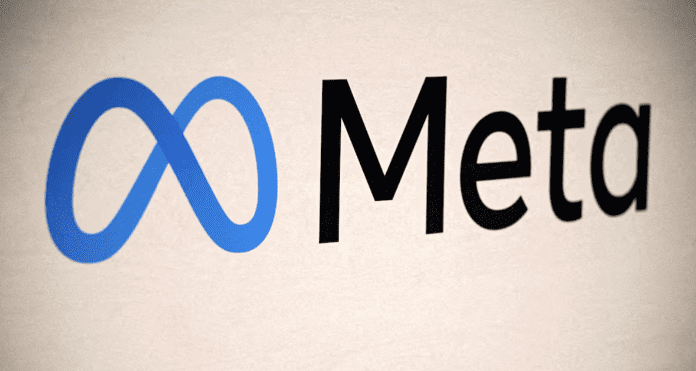Meta (META.O) announced plans to acquire Rivos, a California-based chip manufacturing startup. The deal is intended to strengthen the company’s position in the semiconductor space and accelerate the development of its AI solutions.
Meta is preparing to acquire Rivos, a startup specializing in chip manufacturing
Rivos, based in Santa Clara and backed by Intel, develops processors based on the RISC-V architecture, an open-source alternative to Arm, Intel, and AMD. According to Meta’s VP of Engineering, Yi-Jiun Song, the startup has deep expertise in creating complex AI systems, which will allow Meta to develop its own Meta Training and Inference Accelerator (MTIA) chips.
Financial Details and Plans
Meta declined to disclose the deal amount, and Rivos has not yet commented on the information. It was previously reported that the startup was in talks for a new funding round at a valuation of approximately $2 billion. Sources note that Meta is already one of the company’s largest clients.
Increasing Competition in the Chip Industry
Meta is actively investing in its own silicon developments to reduce its dependence on Nvidia and cut AI infrastructure costs. In March, Reuters reported that the company was already testing its first chip for training AI models.
According to Meta representatives, the acquisition of Rivos will be an important step toward scaling its internal projects to create semiconductors and accelerators for AI work.

Former Twitter CEO Parag Agrawal launched a startup to create tools for AI agents
Former Twitter CEO Parag Agrawal, who was fired by Elon Musk in 2022, has unveiled a new project in the field of artificial intelligence. His company, Parallel Web Systems Inc., is developing infrastructure that enables AI agents to autonomously collect and analyze data from the internet.
In a LinkedIn post, Agrawal announced that the company’s first product, the Deep Research API, is already executing millions of research tasks daily. According to him, the system has demonstrated results in several tests that outperform not only humans but also leading AI models, including OpenAI GPT-5.

